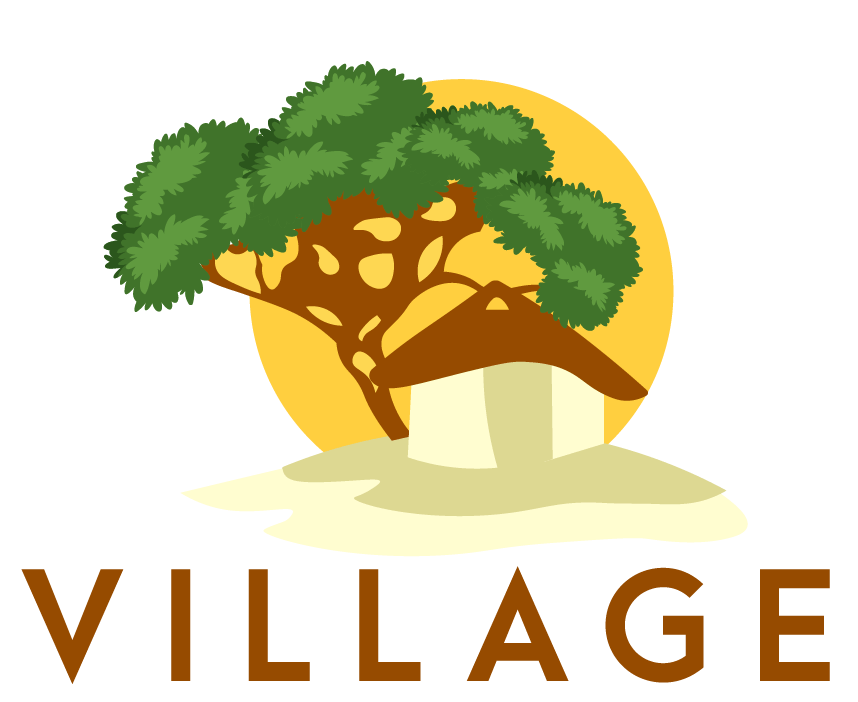A practical guide to getting hired
I applied to 411 jobs with zero success. Perfect LeetCode scores, tracking spreadsheets, optimized resumes - none of it mattered because I was doing it wrong. After a brutally honest conversation with a FAANG friend, I completely changed my approach from mass applications to hyper-focused preparation. The results were immediate: final round interviews at top companies. Here's the systematic approach that actually works, refined from both my successes and failures.
### Small tip
try to use sites like [https://www.buildlist.xyz/... list) or [https://wellfound.com/](we... instead of relying on the company website itself. these kinds of places often have built-in referral systems
# Effective Job Hunt Strategy
## Core Requirements
* Portfolio website showcasing relevant work
* Clean, organized GitHub profile
* 2-3 significant projects aligned with target roles
* LinkedIn and resume in perfect sync
* Basic technical interview competency
## The Process
1. Select maximum 3-4 target companies
2. For each company:
* Build a micro-project using their stack
* Research their technical challenges
* Connect with current engineers
* Get coffee/zoom chats through warm intros
* Request referral after meaningful connection
---
Note: I'm also building a task management tool for ADHD folks that isn't grifty BS. Just a personal project that I'm finally ready to try to open up to users. If you're interested in testing it out or have suggestions, drop a comment & check out r/wtdrn. No pressure - this post isn't about that, just something I'm working on that might help others in similar situations.
---
## Asking people who have the job already for some help:
* Text people who have the job you want
* Get them on Zoom to talk about their work
* Ask specific questions: "What books shaped your thinking?" "What should I build?"
* End with "Who else should I talk to?"
* Send a thank you email
* Follow up later showing you acted on their advice (e.g., "Read that book you mentioned, here's what stuck with me...", or snap a picture of it in your hands)
* Repeat
## Portfolio Essentials
* Live demos over static code
* Documented build processes
* Problem-solving methodology
* Iteration documentation
* Professional READMEs
## Common Mistakes
* Mass applying without research
* Generic portfolio projects
* Cold applications without referral attempts
* Poorly documented work
* Unmaintained GitHub presence
## Reality Check
If you're not getting responses after giving this method an honest attempt, it's cool. These things are a game of persistence & you only need to win once. Consider taking 2-3 months to upskill and return stronger. There's no shortcut around being qualified.
I applied to 411 jobs with zero success. Perfect LeetCode scores, tracking spreadsheets, optimized resumes - none of it mattered because I was doing it wrong. After a brutally honest conversation with a FAANG friend, I completely changed my approach from mass applications to hyper-focused preparation. The results were immediate: final round interviews at top companies. Here's the systematic approach that actually works, refined from both my successes and failures.
### Small tip
try to use sites like [https://www.buildlist.xyz/... list) or [https://wellfound.com/](we... instead of relying on the company website itself. these kinds of places often have built-in referral systems
# Effective Job Hunt Strategy
## Core Requirements
* Portfolio website showcasing relevant work
* Clean, organized GitHub profile
* 2-3 significant projects aligned with target roles
* LinkedIn and resume in perfect sync
* Basic technical interview competency
## The Process
1. Select maximum 3-4 target companies
2. For each company:
* Build a micro-project using their stack
* Research their technical challenges
* Connect with current engineers
* Get coffee/zoom chats through warm intros
* Request referral after meaningful connection
---
Note: I'm also building a task management tool for ADHD folks that isn't grifty BS. Just a personal project that I'm finally ready to try to open up to users. If you're interested in testing it out or have suggestions, drop a comment & check out r/wtdrn. No pressure - this post isn't about that, just something I'm working on that might help others in similar situations.
---
## Asking people who have the job already for some help:
* Text people who have the job you want
* Get them on Zoom to talk about their work
* Ask specific questions: "What books shaped your thinking?" "What should I build?"
* End with "Who else should I talk to?"
* Send a thank you email
* Follow up later showing you acted on their advice (e.g., "Read that book you mentioned, here's what stuck with me...", or snap a picture of it in your hands)
* Repeat
## Portfolio Essentials
* Live demos over static code
* Documented build processes
* Problem-solving methodology
* Iteration documentation
* Professional READMEs
## Common Mistakes
* Mass applying without research
* Generic portfolio projects
* Cold applications without referral attempts
* Poorly documented work
* Unmaintained GitHub presence
## Reality Check
If you're not getting responses after giving this method an honest attempt, it's cool. These things are a game of persistence & you only need to win once. Consider taking 2-3 months to upskill and return stronger. There's no shortcut around being qualified.
2 months ago
